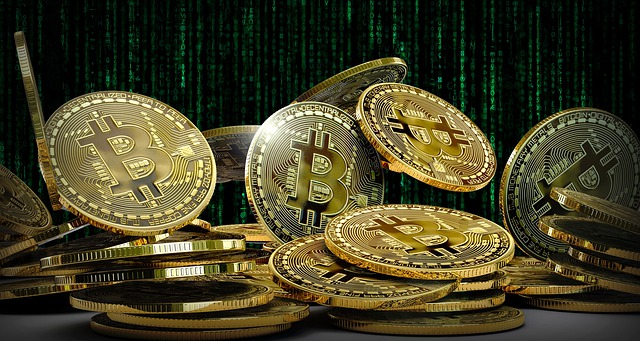
Bitcoin ETFs are finally coming to the U.S. in 2024 and, by all indictions, the first ones will hit the market sometime in mid- to late-January. But now that the long-standing issues of if and when are resolved, the hot question surrounding Bitcoin ETFs is how exactly they will work—and, for now, the SEC is insisting on a process that doesn’t make a ton of sense and will ultimately result in retail investors paying for added complication. More specifically, the agency wants to bar the would-be ETF issuers from using Bitcoin for in-kind redemptions, and instead carry out these transactions with cash.
To understand what this means, it’s helpful to know how ETFs work in the first place. Recall that most ETFs hold a basket of shares in different companies, and that the issuer relies on deep-pocketed partners—market makers—to ensure the ETF’s share price reflects the value of the underlying stocks. This occurs through an arbitrage system that lets the market makers turn up with a basket of stocks and redeem them for new shares in the ETF, which they can then sell at a profit. Or conversely, the arbitragers can turn up with shares of the ETF and ask for the underlying securities in return. In both cases, the transactions result in the price of the ETF shares aligning more closely with the underlying asset. It’s a clever system that has made ETFs both inexpensive and widely popular.
Unfortunately, when it comes to the Bitcoin ETFs, the SEC is reportedly insisting that these transactions—the ones where market makers exchange the underlying asset for new shares or vice versa—be in cash and not « in-kind. » This will likewise help ensure the ETF’s share price closely tracks the underlying asset (Bitcoin in this case), but it will also be more expensive.
This won’t be due to tax implications—as Grayscale gently pointed out to Bloomberg Intelligence following an inaccurate report last week—but because the ETF issuers will have to spend money exchanging Bitcoin for cash and vice versa. It would be simpler, of course, to just let the parties transact in Bitcoin, but here we are. In any case, it will be retail investors who be will paying for the additional transaction costs.
